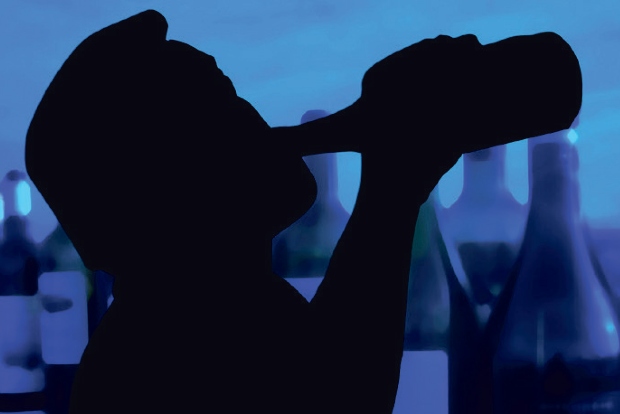Begin typing your search...
80pc of calls to 104 from 18 to 38 age group tipplers
As the shutdown has come as a bane for tipplers in the State, at least 80 per cent of the calls 104 helpline gets pertains to alcohol addiction. Sources said that most of the callers are in the age group of 18 to 38.

Chennai
“Out of the 120 calls received a day, 80 per cent of it was about alcohol addiction and 5 per cent was about suicide. Usually, alcohol addiction cases are dealt with by female counsellors,” said a senior official at 104 helpline.
The helpline is supposed to give only telephonic counselling. In extreme cases where telephonic counselling fails to see any effects, the patients are asked to seek professional help at a hospital or deaddiction centre. “The extent to which we can help them is by asking the patients to get physical exercise and engage with their family for emotional support. Addicts in the age group of 18 to 20 will mostly be living with their parents and it is easier to help them. Caller above the age of 30 are often aggressive and it is difficult for the counsellors to control them or help them,” the official added.
Meanwhile, almost 5 per cent of the calls are related to overcoming suicidal instincts. For instance, if a person is unemployed and has no support from family, it could be depressing for them during the lockdown. The helpline aims to help them. It also receives several nuisance calls (8 per cent), mostly from children.
“If an alcohol addict crosses 12 days without alcohol, they can easily kick off the addiction. Based on this, we ask the callers to be active and seek help from family members. It is best for them to be not isolated during these difficult times. After the first session of counselling, we get back to them in three to four days to know their progress and resort to further counselling if required,” said a counsellor of the helpline.
“It is been more than a month since the lockdown began. So addicts should have come out of the withdrawal phase by now. They should begin to understand that they can live without depending on alcohol,” said Dr Vivian Kapil, psychiatrist, Sri Ramachandra Medical College Hospital.
Visit news.dtnext.in to explore our interactive epaper!
Download the DT Next app for more exciting features!
Click here for iOS
Click here for Android
Next Story



